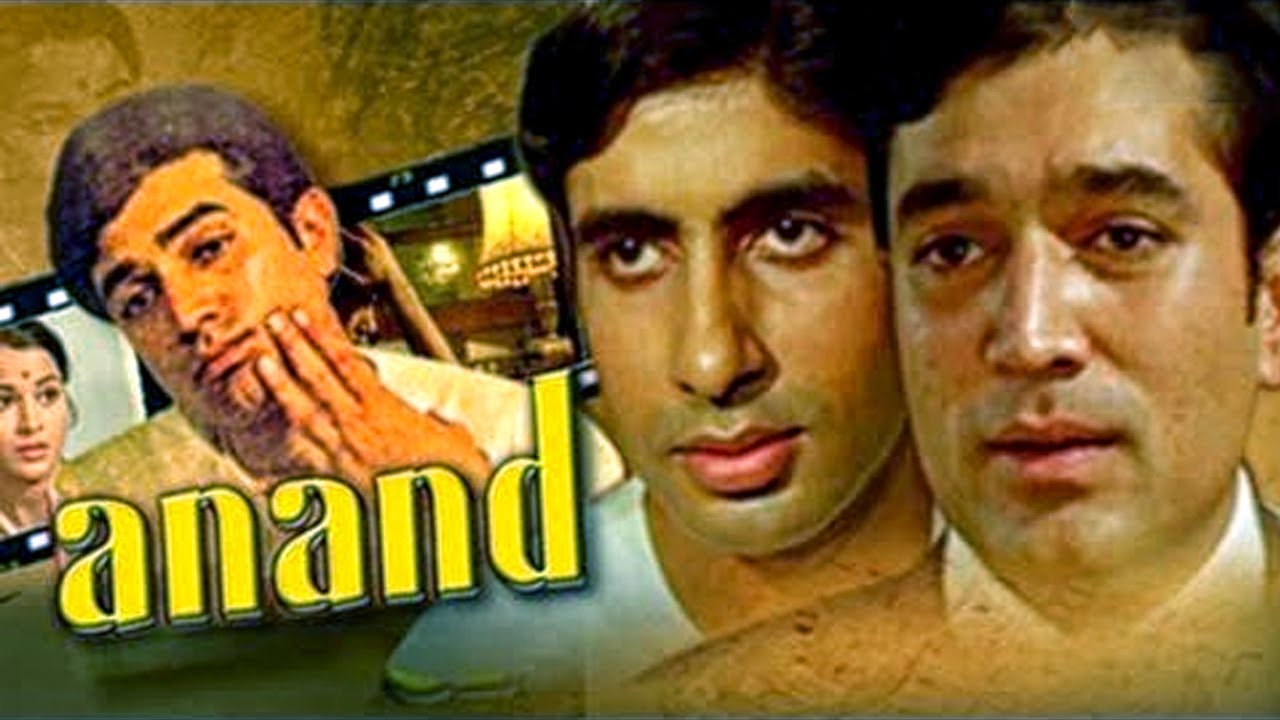Maaran, directed by Karthick Naren, is the kind of film one assumed to have kicked the bucket sometime in the last decade, when the hullabaloo of social media usurped a space reserved for news production and broadcast.
The film is centred on a monumentally silly character construct: an investigative journalist whose career flourished with the help of social media’s virality. Maaran’s (Dhanush) tweets and sting operations threaten and cleanse the corrupt political space. He works in a news organisation unimaginatively named The News. He claims to have worked in seven different media organisations that fired him one after another for “speaking truth to power.” Although you never see him performing anything close to serious journalism – researching a topic or interviewing a subject – the film calls him the best journalist in the country and flashes on screen his photo on the covers of top magazines. Occasionally, he dances to funky music and thrashes gangs of goons sent by angry politicians. According to the film, journalism is akin to content creation on platforms like TikTok.
Founded on wild implausibilities, Maaran is the kind of film that doesn’t need a writer, certainly not a writer who likes to look around before creating a protagonist. It is a lazy mishmash of clichés about journalism, presented using the narrative devices Tamil cinema audiences discarded a long time ago.
For one, the film begins with the scene of a happy family – little Maaran and his heavily pregnant mother waiting for his dad to come home. Naren crams the scenes with expository dialogue and pep talks. The father is a righteous journalist who will expose a powerful politician the next day. Clearly, this is a tearjerker setup. In the next scene, the little boy is orphaned, left with an infant sister whom he brings up with great care, set against a background score that pays a hat-tip to films like Annaatthe (2021) and Aanandham (2001).
One might wonder how Maaran, barely eight, managed to get himself educated while looking after a baby sister and handling domestic chores. The sister grows up to become a mother figure to Maaran. Her life revolves around Maaran, who grows up to be an idealist like his father. She cooks for the family, feeds the men, and eventually dies to give the brother (and the film) a sense of purpose. She is the generic sister in Tamil commercial cinema whose existence is entirely defined by her relationship with the hero.
Even if one is ready to forget the film’s fundamental absurdities, there isn’t anywhere to proceed. From the soppy domestic moments and exhaustingly mediocre newsroom scenes, the film moves forth to become a revenge saga.
In between, Maaran falls in love with a woman who has the personality of an Artificial Intelligence device, played by Malavika Mohanan, whose acting career is a greater mystery than the stories Maaran investigates. She is unconvincing in every frame: when she haughtily walks into the newsroom or berates the cops for beating up Maaran.
Recommended
Karthick Naren, once referred to as the promising young filmmaker who would revolutionise Tamil cinema, makes no efforts to go off the beaten track or cover his tracks. The sole point of interest in the film, Dhanush, looks utterly disinterested in the proceedings. He doesn’t get a single moment worth his famous charm. The action sequences are poorly choreographed and filmed, making one wonder what drew the star to the film. Exhausting and soulless, Maaran ends as a eulogy for the tremendous promise a low-profile film, Dhuruvangal Pathinaaru, and its young filmmaker generated five years ago.
*****
This Maaran review is a Silverscreen original article. It was not paid for or commissioned by anyone associated with the movie. Silverscreen.in and its writers do not have any commercial relationship with movies that are reviewed on the site.



